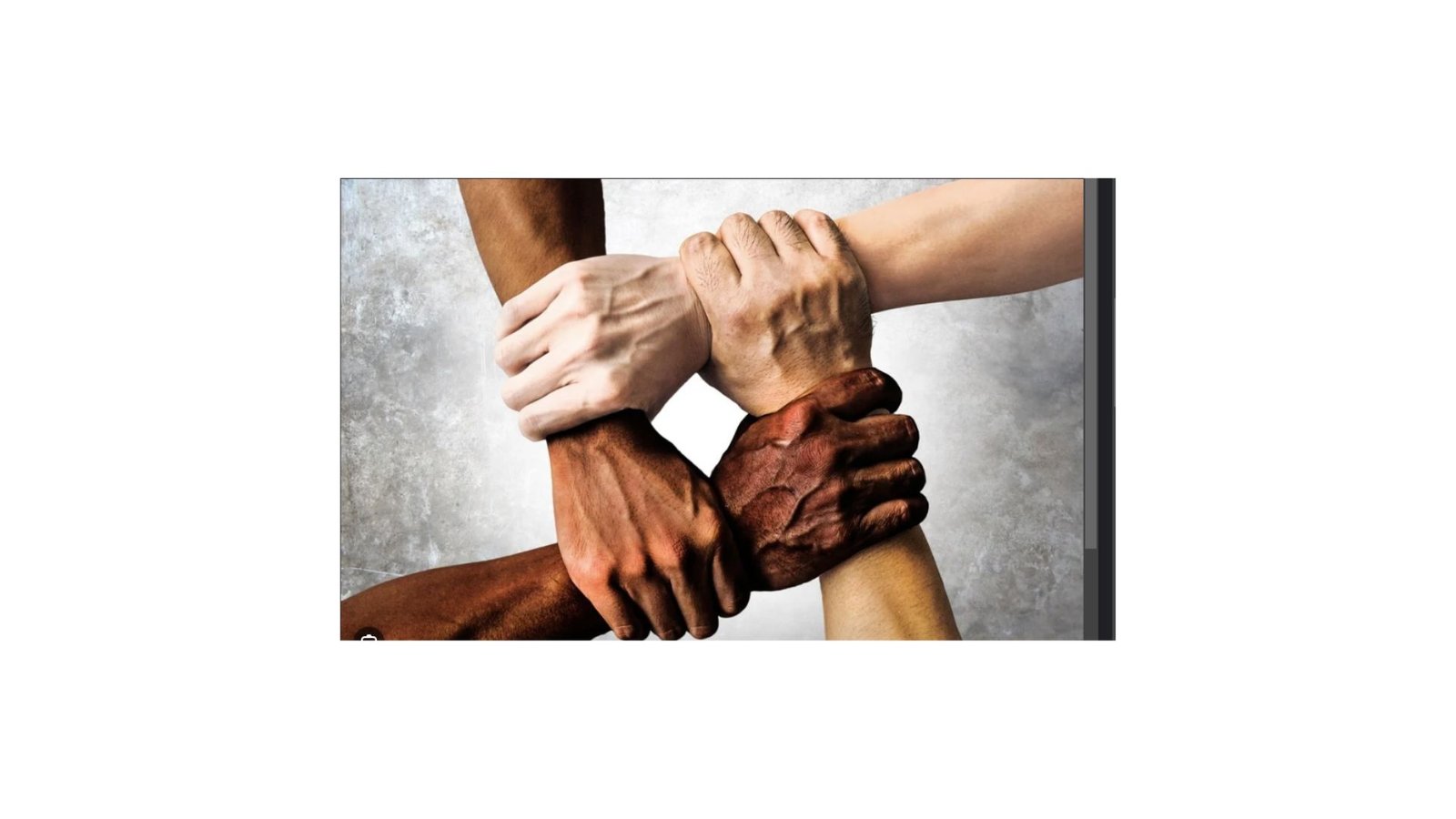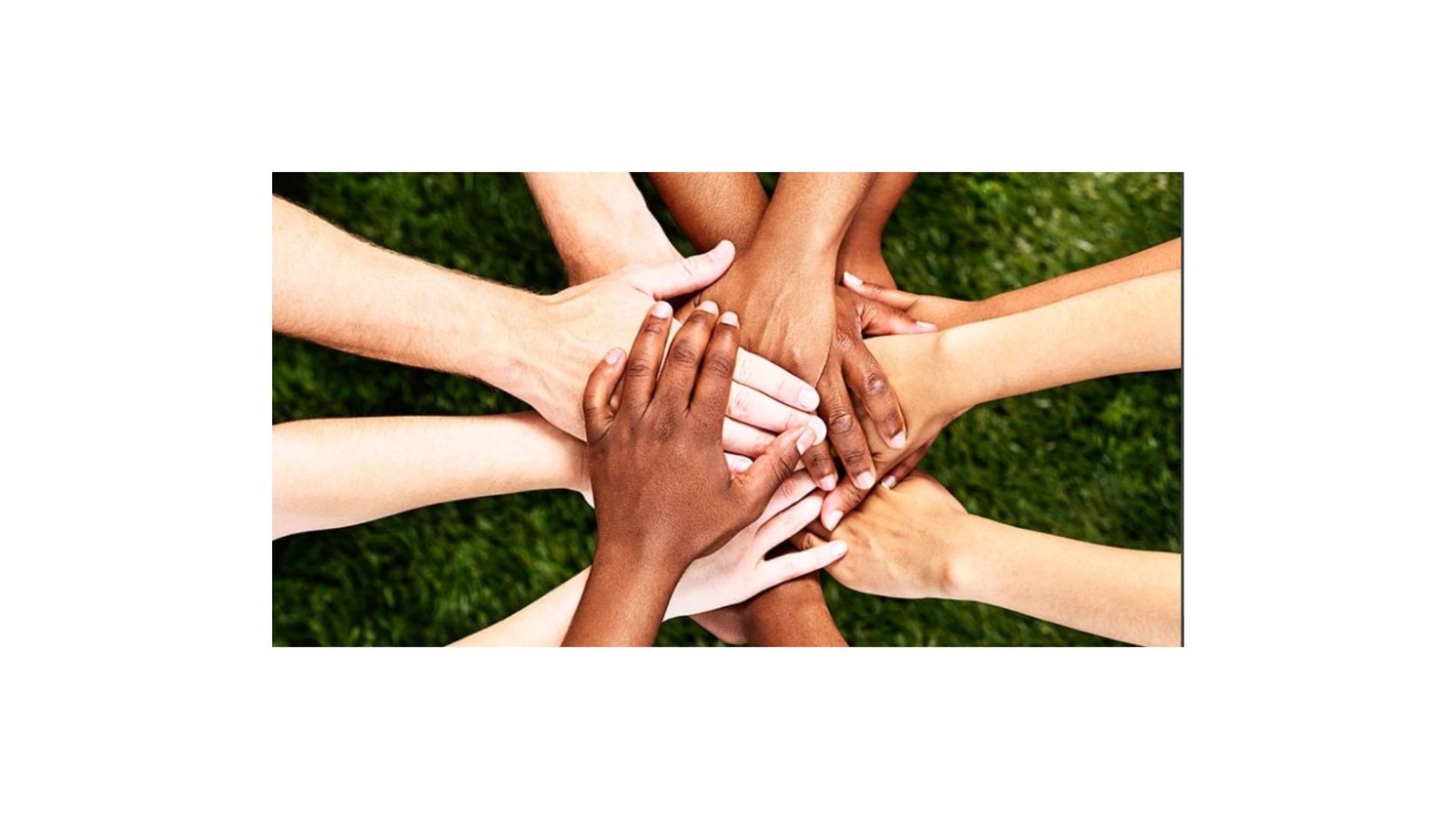|
Getting your Trinity Audio player ready...
|
Civil liberties are the cornerstone of a just and equitable society. They encompass the fundamental freedoms and protections that every individual is entitled to, regardless of their background, identity, or circumstances. However, despite significant progress in the promotion and protection of individual liberties globally, challenges persist. It is imperative that we remain vigilant and proactive in upholding these rights and addressing violations wherever they occur.

Erosion of civil liberties
One of the most pressing issues facing the world today is the rise of authoritarianism and erosion of democratic norms. Governments in various parts of the world have increasingly sought to suppress dissent, curtail freedom of speech, and undermine the rule of law. Such actions not only infringe upon the rights of individuals but also threaten the foundations of democracy and civil society.
Human rights barriers
In addition to political repression, social and economic inequalities continue to pose significant barriers to the realization of human rights for millions of people around the world. Discrimination based on race, gender, sexual orientation, and other factors persists, perpetuating cycles of marginalization and exclusion. Moreover, economic disparities deprive many individuals of access to basic necessities such as food, shelter, healthcare, and education.
Social corporate responsibilities
It is incumbent upon governments, civil society organizations, and individuals alike to take concrete actions to address these challenges and uphold human rights for all. This requires a multifaceted approach that encompasses legislative reforms, public advocacy, grassroots mobilization, and international cooperation. At the national level, governments must enact and enforce laws that protect civil liberties and ensure accountability for violations. This includes strengthening institutions such as the judiciary, law enforcement agencies, and human rights commissions to safeguard against abuses of power and ensure access to justice for all citizens.
Investments in civil liberties
Furthermore, governments must invest in social programs and policies that address the root causes of inequality and poverty. This includes measures to promote economic empowerment, improve access to education and healthcare, and provide support for marginalized communities.
The role of civil society organisations
Civil society organizations play a crucial role in holding governments accountable and advocating for the rights of vulnerable populations. Through public awareness campaigns, legal advocacy, and community organizing, these organizations can amplify the voices of those most affected by human rights violations and mobilize collective action to effect positive change.International cooperation is also essential in addressing human rights challenges that transcend national borders. By working together through multilateral institutions such as the United Nations and regional organizations, countries can pool their resources and expertise to address issues such as refugee crises, armed conflicts, and environmental degradation.
Concluson
In conclusion, upholding human rights is not just a moral imperative but also a legal obligation under international law. It requires the collective efforts of governments, civil society organizations, and individuals to protect and promote the rights of all people, without discrimination or exception. By standing up for civil liberties, we affirm our commitment to justice, dignity, and equality for all members of the human family.
You can find more on:

